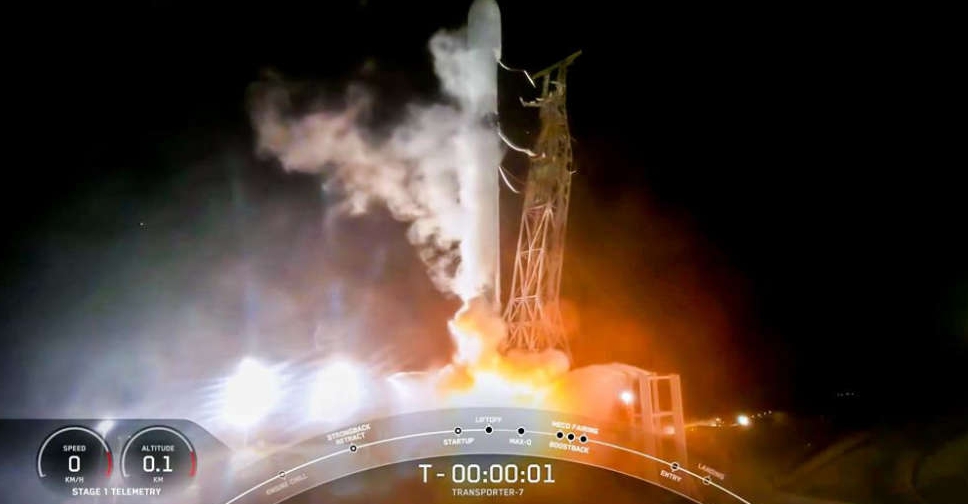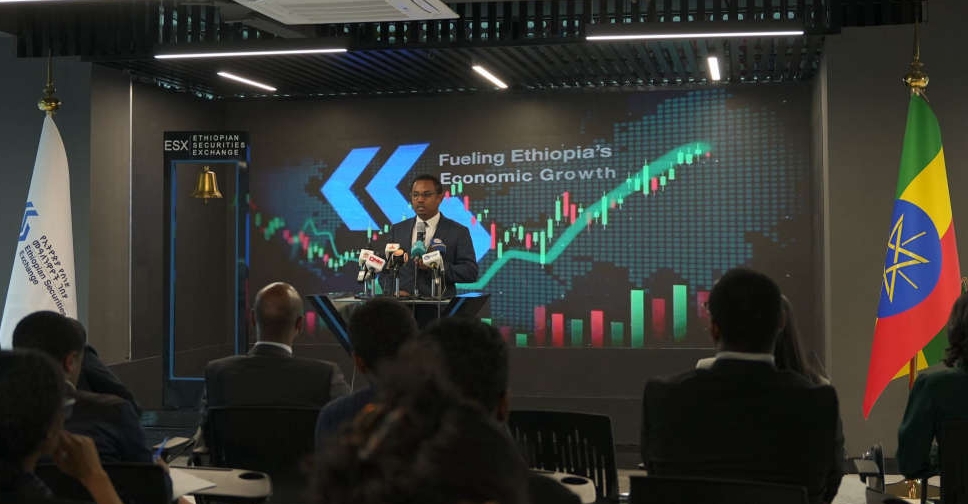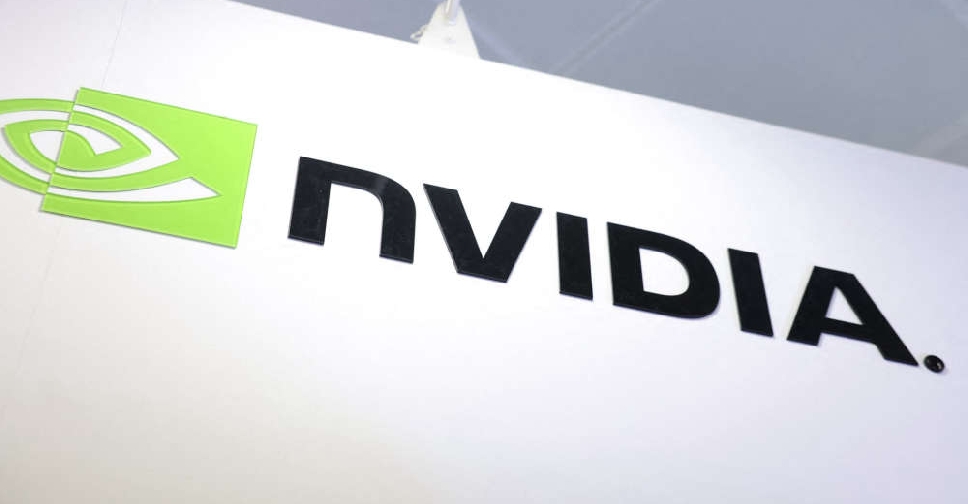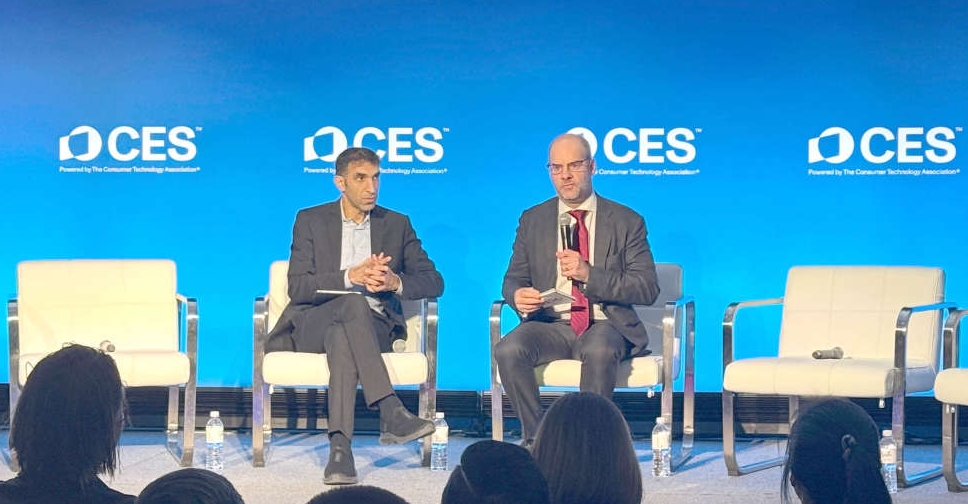
The Dubai Electricity and Water Authority (DEWA) has successfully launched its second nanosatellite, DEWA SAT-2, aboard SpaceX’s Falcon 9 rocket from Vandenberg Space Force Base in California, USA.
The launch of DEWA SAT-2 underlines DEWA’s leadership in using space technologies to improve the operations, maintenance and planning of electricity and water networks.
The nanosatellite was designed and developed by Emiratis at DEWA’s Research and Development Centre in collaboration with NanoAvionics in Lithuania.
DEWA SAT-2, a 6U nanosatellite, features a high-resolution camera (4.7 metres) that will be used for Earth observation missions. The high-resolution camera provides continuous line-scan imaging in seven spectral bands from an approximately 500km orbit. The new satellite is also equipped with infrared equipment to measure greenhouse gases.
Saeed Mohammed Al Tayer, MD and CEO of DEWA said DEWA is keen to use the latest technologies of the Fourth Industrial Revolution, including the Internet of Things (IoT), Artificial Intelligence (AI) and blockchain in exchanging information through satellite communications and earth observation technologies.
“DEWA’s Space-D programme, which was launched by His Highness Sheikh Mohammed bin Rashid Al Maktoum, Vice President, Prime Minister and Ruler of Dubai, in January 2021, aims to improve the operations, maintenance and planning of DEWA’s networks through nanosatellites and remote sensing technologies. The programme also seeks to train Emiratis specialised in the use of space technologies in electricity and water networks. Launching DEWA SAT-2, our second nanosatellite confirms that we are moving steadily towards leadership in utilising space technologies to enhance the efficiency of DEWA’s operations and providing electricity and water services according to the highest standards of availability, reliability, efficiency and quality, in addition to transferring knowledge and expertise and training our Emirati staff,” Al Tayer added.
Al Tayer noted that DEWA aims to use nanosatellite technology to support its cloud computing network, thereby enhancing the digitisation of energy and water networks. The objective is to raise the efficiency and effectiveness of planning, operation and preventive maintenance of the production, transmission and distribution divisions, as well as smart grids, power stations, and EV charging stations. This approach is expected to reduce costs and improve the investment of DEWA’s assets. Additionally, this will help develop use cases that contribute to upgrading the utility sector worldwide.
Waleed bin Salman, Executive Vice President of Business Development and Excellence at DEWA explained that the high imaging accuracy of DEWA SAT-2 will enable DEWA to improve the operational performance of power generation and water desalination plants. Multi-spectrum, high-resolution thermal imaging devices, such as those used on board spacecraft that are specifically designed for use in electricity and water networks, will be deployed to detect thermal fingerprints in high-voltage transmission lines, substations, buildings and solar power stations. The combined use of DEWA SAT-2 images and IoT measurements from DEWA SAT-1 will enable DEWA to improve the operational performance of power generation and water desalination plants by providing accurate estimates of seawater temperature, seawater salinity, detection of red-tide, as well as fog monitoring and forecasting.




 Ethiopia to open stock exchange in drive for investors
Ethiopia to open stock exchange in drive for investors
 Supreme Court to hear fight over looming US ban on TikTok
Supreme Court to hear fight over looming US ban on TikTok
 Nvidia criticizes reported Biden plan for AI chip export curbs
Nvidia criticizes reported Biden plan for AI chip export curbs
 UAE advances tech cooperation with US partners at CES 2025
UAE advances tech cooperation with US partners at CES 2025


